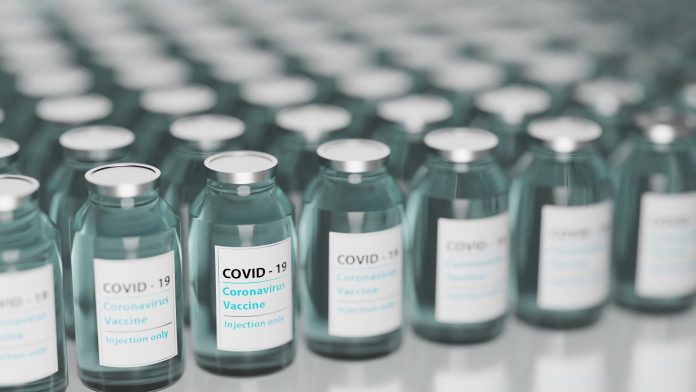by Pat Raia
[email protected]
Promising everything from shortcuts to the top of vaccination lists to online bogus vaccine sales, scammers are targeting seniors and others who want to protect themselves from COVID-19. In response, the Florida Department of Agriculture and Consumer Services (FDACS) and the Florida Department of Health (DOH) are warning consumers to avoid any offers that seem too good to be true, or that require them to share personal information.
According to the agencies, only the Pfizer-BioNTech and Moderna have been authorized for emergency use by the US Food and Drug Administration (FDA), and no vaccines are for sale online. While supplies of the authorized vaccines remain limited and waiting lists for appointments are long, scammers have geared up to take advantage of consumers.
Offers to get onto vaccination waiting lists, to move up on waiting lists, to expedite the delivery of vaccines and requests for payment or personal information in order to access to vaccinations in any way, top the roster of complaints, according to a written statement from (FDACS) and Agriculture Commissioner Nikki Fried.
“You can’t pay to put your name on a list to get the vaccine or to get into a clinical trial (and) anyone offering to ship a vaccine to your home or provide special access to clinical trials is scamming you,” she said. “Offers involving any form of payment to gain access to a vaccine may lead to receipt of a fake vaccine.”
Meanwhile, the Florida Department of Health in Hernando County is warning consumers about telephone and online scams that promise access to vaccines in exchange for sharing credit card, banking or social security numbers over the phone or online.
“The COVID-19 vaccine is free from DOH,” said Ashley D. Thomas, public information officer for the Florida Department of Health in Hernando County. “Florida Department of Health in Hernando County will never ask for (that) information over the phone or online.”
Finally, consumers are advised not to respond to any solicitations about the vaccine, and not to provide any personal information in response to unsolicited communications of any kind including calls, texts, emails, social media, or door-to-door visits.
Anyone who suspects that they have been solicited by a scammer should call 1-800-HELP-FLA or visit FloridaConsumerHelp.com to file a complaint. Spanish speakers my call 1-800-FL-AYUDA
“All consumer complaints will be looked into,” Fried said.

